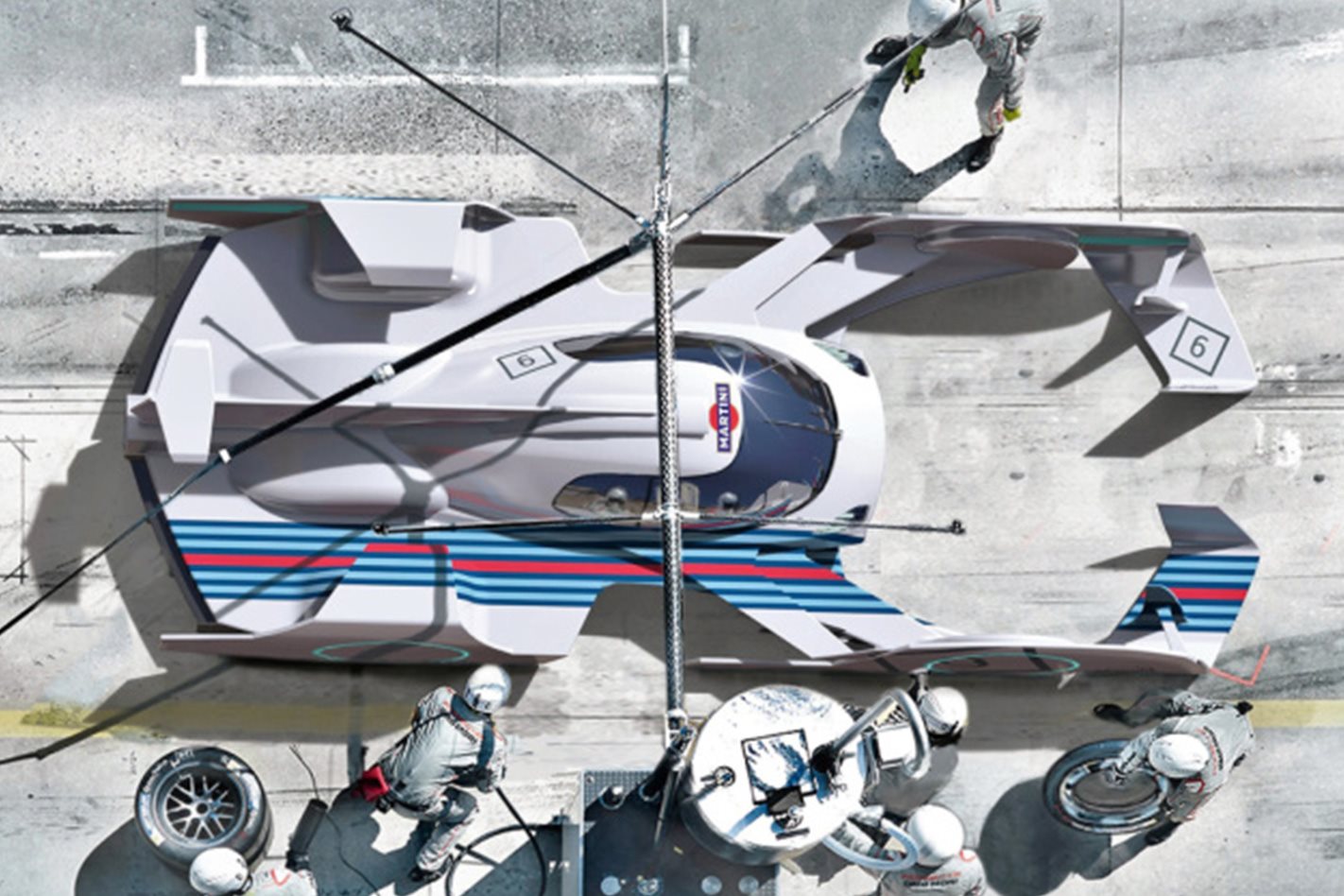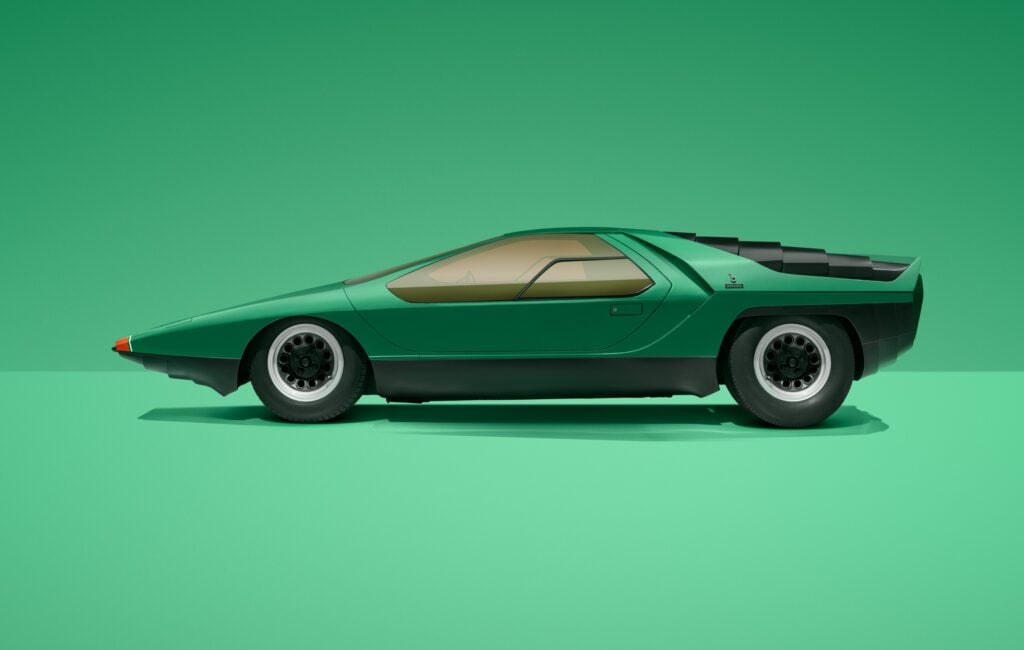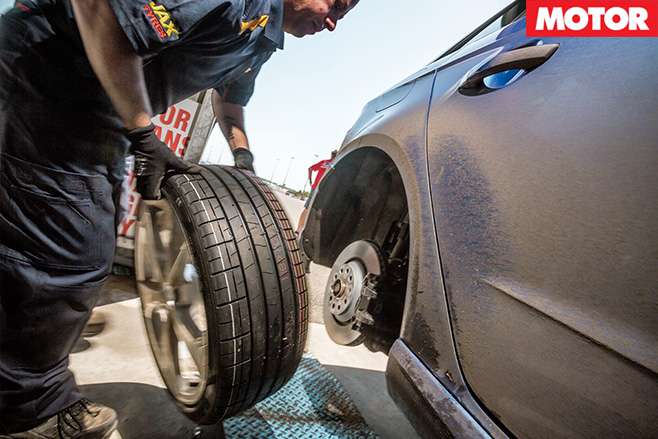But will anybody be watching?
The future of motorsport is a sensitive topic for many racing fans. With smaller engines and hybrid powertrains becoming the norm, the future seems bleak. Long gone are the days where motorsport was home to gaz-guzzling, fire-breathing beasts with little care or thought for fuel economy and market relevance.
People have come to yearn for the ‘good old days’ of motorsport where the drivers where rough, the cars hard to tame, the tracks fearsome, and the racing hard.
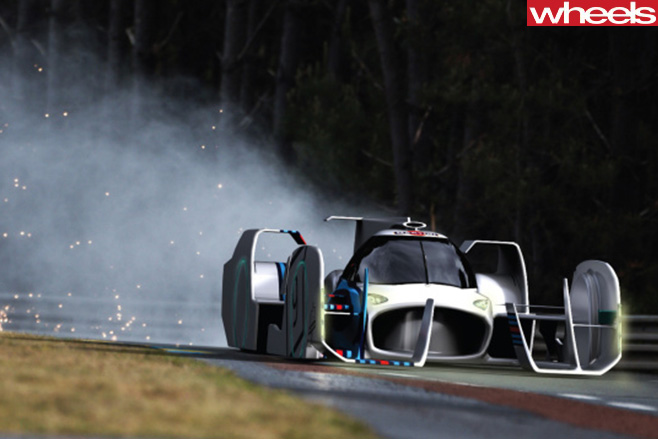
Tyre giant Michelin challenged entrants of this year’s Michelin Design Challenge, to imagine the Le Mans Racers of 2030.

The end result is some spectacular looking concepts which would certainly make for great watching tearing around the Circuit de la Sarthe.
However, competitors also took into account adapting technology into their designs, with some bringing in the idea of a robot doing part, if not all, of the driving duties.

For me, hell yes. I grew up in the era of Robot Wars (for the uninitiated, that’s a television show where home-made robots would fight to the death in a display of glorious carnage), so the thought of watching a bunch of programmed cars careen into each other appeals immensely.
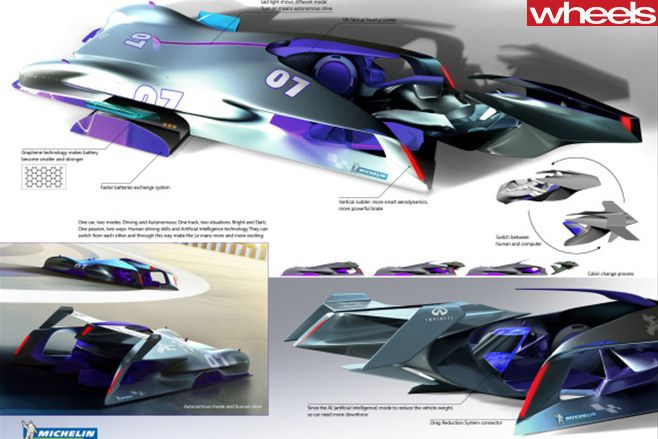
Taking the driver out of the equation means the carnage can be viewed guilt free.
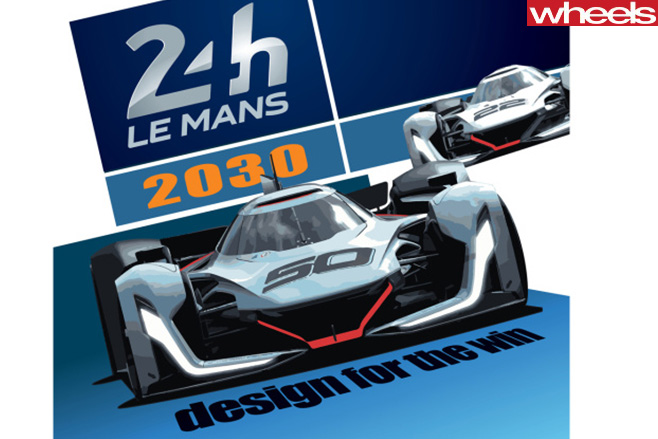
So we put it to you. Would you watch a driverless race series in 2030? Can the appeal of techno-carnage outweigh the lack of having a skilled driver behind the wheel?


